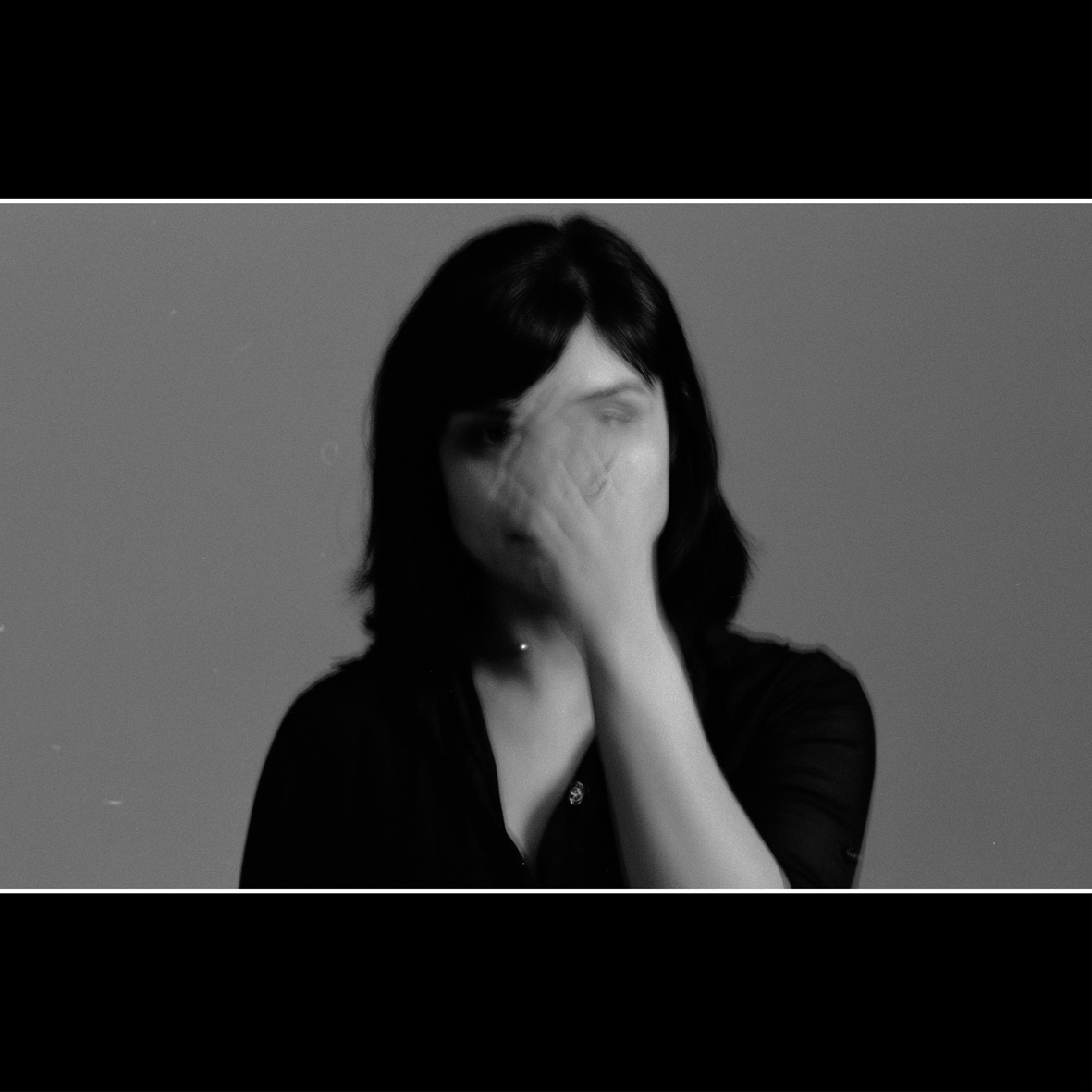Sarah Davachi, "All My Circles Run"

Following hot on the heels of this year’s synth-centric Dominions, Sarah Davachi returns to Students of Decay for a bit of an unexpected curveball: an album with no synthesizer at all.  Employing an organ, some strings, a piano, and her own voice, Davachi mostly reprises the minimal, drone-centered aesthetic of her previous work (she is quite fond of sustained notes and slow-building harmonies), but also impressively expands her niche with a few more conventionally melodic pieces.  As a result, the elegant and understated All My Circles Run is likely the most diverse of Davachi’s albums to date, sustaining a slow-burning and subtly shifting reverie for forty sublime minutes.
The album opens in characteristically Davachi-esque fashion, as a simple, gently undulating violin drone unfolds for over a minute before any overt transformation begins to creep in.  In fact, "For Strings" may very well capture Davachi at her most minimalistic, as the entire piece is essentially just a hazy, slow-motion massing of notes into a lush chord (or at least a more harmonically rich drone).  There is a bit of a minor surprise at the end, however, as all of the strings gradually disappear to leave behind an unexpected wake of quietly throbbing and stuttering noise.  It is quite a clever bit of compositional sleight of hand: using an ostensibly straightforward drone piece to secretly weave a complex undercurrent of uncomfortably oscillating harmonies, then pulling back the veil to reveal it.  I enjoy surprises and neat tricks.  I was actually quite a bit more taken with the following "For Voice"  though (matter-of-fact song titles abound here).  Using only her own voice and a sustained and wobbly thrum, Davachi casts a haunting and evocative spell as the various soft-focus layers of wordless, angelic voices intertwine to form eerie minor key harmonies.  Unlike many Davachi pieces, "Voices" appears in a fully formed state and stays that way for nearly ten minutes of dreamlike, otherworldly beauty, as there is no need to blossom into anything more. "Chanter," which follows, is yet another divergence from the expected, albeit a somewhat less heavenly one.  While a "chanter" is part of a bagpipe, the piece sounds very much like it was played on a submerged piano.  Much like "For Strings," it is yet another piece where a very simple theme undergoes a very subtle and slow-motion transformation.  In this case, the repeating two-chord theme is gradually muddied by the addition of other notes, which gradually darkens the harmonic waters to increasingly hallucinatory and disquieting effect.
"For Organ" returns to a bit more familiar and established territory, as a sustained organ drone gently undulates in apparent stasis as other notes slowly and sneakily seep in to subtly shift its mood and coloration.  Unexpectedly, however, Sarah begins playing actual, overt notes around the halfway point and the transformation is greatly accelerated into a lush, shimmering haze of gently pulsing harmonies.  The album’s final piece, however, does not seem particularly indebted to Davachi’s previous work at all, as "For Piano" is essentially a simple, gentle, and melodic piano miniature that falls within shouting distance of artists like Harold Budd and Stars of the Lid.  The sole "Davachi" touch is merely that the piano is competing for the foreground with a very prominent and visceral string drone that provides a sharp counterbalance to the piece’s more pastoral aspects.  It is not my favorite piece on the album by any means, but it works quite well nonetheless, as Sarah has found a way to expand outwards into more serene territory without quite losing her bite.  Also, I was caught very much off-guard when the piano part actually changed into something new and became fairly loose and improvisatory, a tactic that seems almost radical in the context of Davachi’s history of patient, glacially unfolding accretion.
In a way, "For Piano" might actually be the most significant piece on the entire album, as even the similarly divergent "For Voice" sticks quite close to Davachi’s comfort zone of skillfully crafted, slow-moving threads that twist together to yield vibrant textures and rich harmonies.  That aesthetic obviously works quite well, but it is necessarily a somewhat constrained one that is hard to explore for long without everything starting to sound over-familiar.  While several of the other pieces are much more to my liking (particularly "For Voice"), it is "For Piano" that shakes up Sarah’s aesthetic the most by incorporating loose and evolving melodies and drifting quite far from the original motif.  It will certainly be interesting to see where Davachi evolves from here, but all bets are off for now, as she is about to release her third album of 2016 on Important and there is no clear arc that I can unravel with such a condensed chronology.  In any case, All My Circles Run is yet another fine album from Davachi, using deceptive simplicity as a foundation for sneakily escalating complexity and vivid harmonic depth.  I do not think that it necessarily surpasses Barons Court, but it is very much on a similar level.
 



